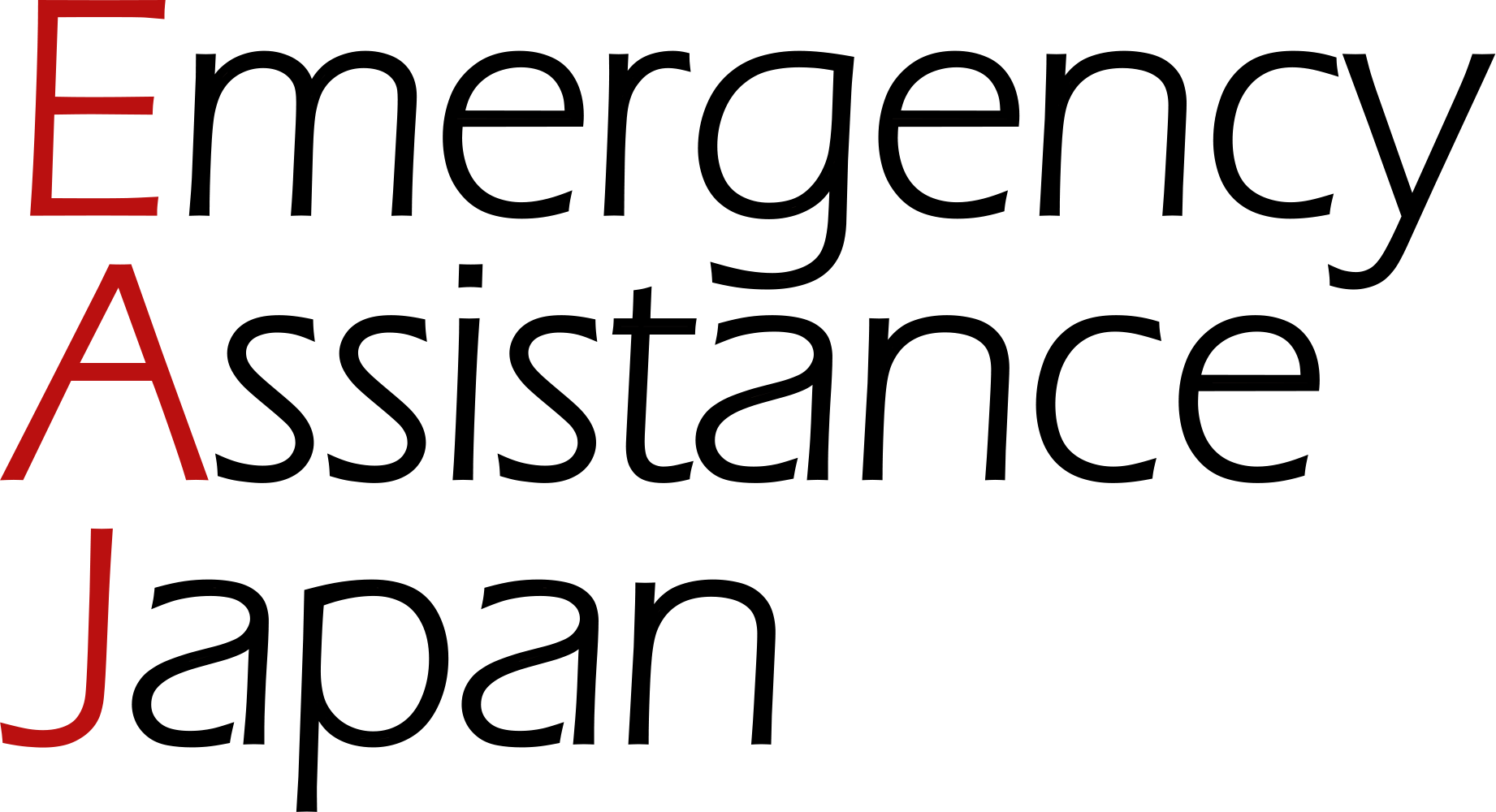Super Clinic(Koishikawa International Clinic)
- HOME
- Other than cancer(Whole Body, Others)
- Super Clinic(Koishikawa International Clinic)
- Cancer gene test “CanTect” Evaluating cancer risk based on current genetic status
Cancer gene test “CanTect” Evaluating cancer risk based on current genetic status
23.10.23
This article was supervised by, M.D., Director of Koishikawa International Clinic
Dr. Akihiko Kawai
Graduated from Hokkaido University School of Medicine. Practiced and served in heart transplantation at the University of Pittsburgh, USA. After returning to Japan, Dr, Kawai organized a heart transplant team as an associate professor at Tokyo Women's Medical University. After practicing at Tokyo Takanawa Hospital, he opened Koishikawa International Clinic in 2017. Dr. Kawai has a great deal of experience in medical care for international patients.
Examine genes damaged by lifestyle, not congenital genes
CanTect is a genetic test for cancer offered by GeneScience Inc. of Japan. There are two types of causes of cancer: congenital factors, which are genes inherited from parents, and acquired factors, which are mainly lifestyle-related. In fact, the former is thought to account for only 5 to 10% of all cancer patients in Japan, and lifestyle-related factors have a greater impact. CantTect is a test to determine whether the current state of the body is likely to grow cancer cells, reflecting the results of lifestyle habits.
What to look for in a gene?
Cell-free DNA concentration in blood
Cell-free DNA in the blood is DNA circulating in the blood and released when cells die. Cancer cells are known to increase in this cell- free DNA compared to healthy individuals because they die or become necrotic at a higher frequency than healthy cells. Cell-free DNA also increases in inflammatory diseases such as hepatitis.
Cell-free DNA mutation
The mechanism of cancer development is thought to be an imbalance between oncogenes, which promote cancer development, and tumor suppressor genes, which inhibit cancer development. Previously, it was believed that this was caused by carcinogens or radiation, which cause more oncogenes to be expressed. Recent research has rather suggested that the main mechanism of carcinogenesis is the destruction of cancer-suppressor genes for some reason, causing them to cease functioning. If abnormalities are found in the cancer-suppressor genes contained in the cell-free DNA that flows into the blood from the aforementioned affected tissue, it can be predicted that the cancer-suppressor function is weakened or lost, and the risk of developing cancer is higher than in the normal state.
Methylation from cancer suppressor genes
Genes are inactivated when a mechanism called methylation is applied to genes. The test looks for a degree of methylation of 14 cancer-suppressor genes in cell-free DNA. When methylation is found in two or more of the 14 cancer-suppressor genes, it is known to be difficult to suppress cancerous transformation of cells due to loss of gene function.
Data analysis
These data are analyzed using proprietary algorithms or checked against statistical data, and a detailed report is submitted with data and advice on cancer risk and preventive management.
What if the results show that the risk is high?
Based on the report, a doctor of Koishikawa International Clinic will explain the results. For those at high risk, the doctor will provide advice on how to change diet and other lifestyle habits to reduce cancer risk. If a patient is assessed as being at high risk, it is possible that the patient may already have cancer that is large enough to be seen, so the doctor may recommend that the patient undergoes further tests such as imaging tests.
Koishikawa International Clinic offers ” CanTect ” testing.
Please contact EAJ if a patient wishes to have the test. The results will be available in about 3 weeks, and the doctor will give the patient a detailed explanation of the results. Consultations can also be done online. Detailed cancer testing will be arranged upon request.
